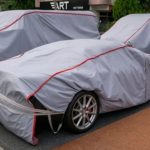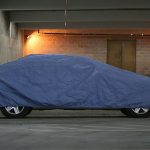 Jupiter, the solar system’s largest planet, may have been smacked head-on by an embryonic planet 10 times Earth’s mass not long after being formed, a monumental crash with apparent lasting effects on the Jovian core, scientists said on Thursday. The violent collision, hypothesized by astronomers to explain data collected by NASA’s Juno spacecraft, may have occurred just several million years after the birth of the sun roughly 4.5 billion years ago following the dispersal of the primordial disk of dust and gas that gave rise to solar system. “We believe that impacts, and in particular giant impacts, might have been rather common during the infancy of the solar system.
Jupiter, the solar system’s largest planet, may have been smacked head-on by an embryonic planet 10 times Earth’s mass not long after being formed, a monumental crash with apparent lasting effects on the Jovian core, scientists said on Thursday. The violent collision, hypothesized by astronomers to explain data collected by NASA’s Juno spacecraft, may have occurred just several million years after the birth of the sun roughly 4.5 billion years ago following the dispersal of the primordial disk of dust and gas that gave rise to solar system. “We believe that impacts, and in particular giant impacts, might have been rather common during the infancy of the solar system.
Posts from the same category:
- South Pole warming three times faster than rest of Earth: study
- Satellite images show US-pursued Iran tanker still off Syria
- Wisconsin fugitive survives for 3 years in makeshift bunker
- The House passed new coronavirus relief bill for renters and homeowners, as Democrats urge Republicans to negotiate further coronavirus aid
- Winners of world's richest lottery 'El Gordo' celebrate








